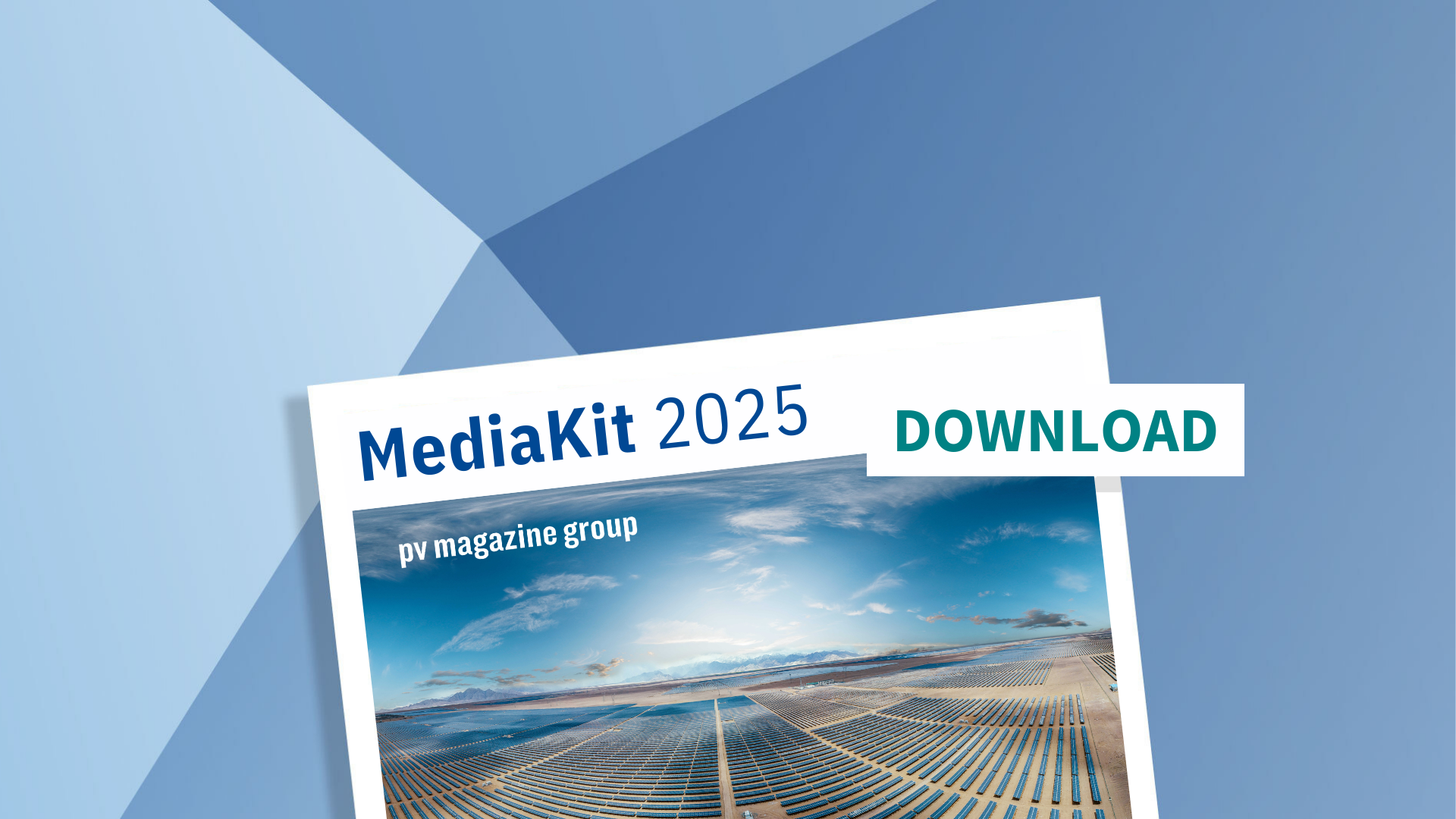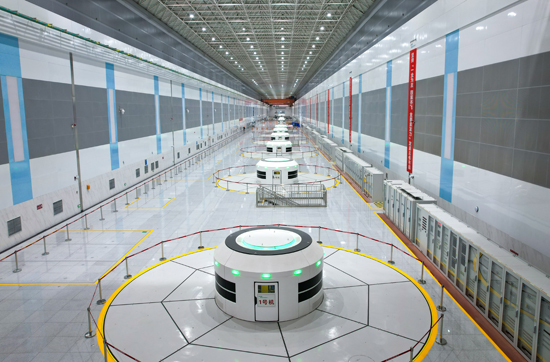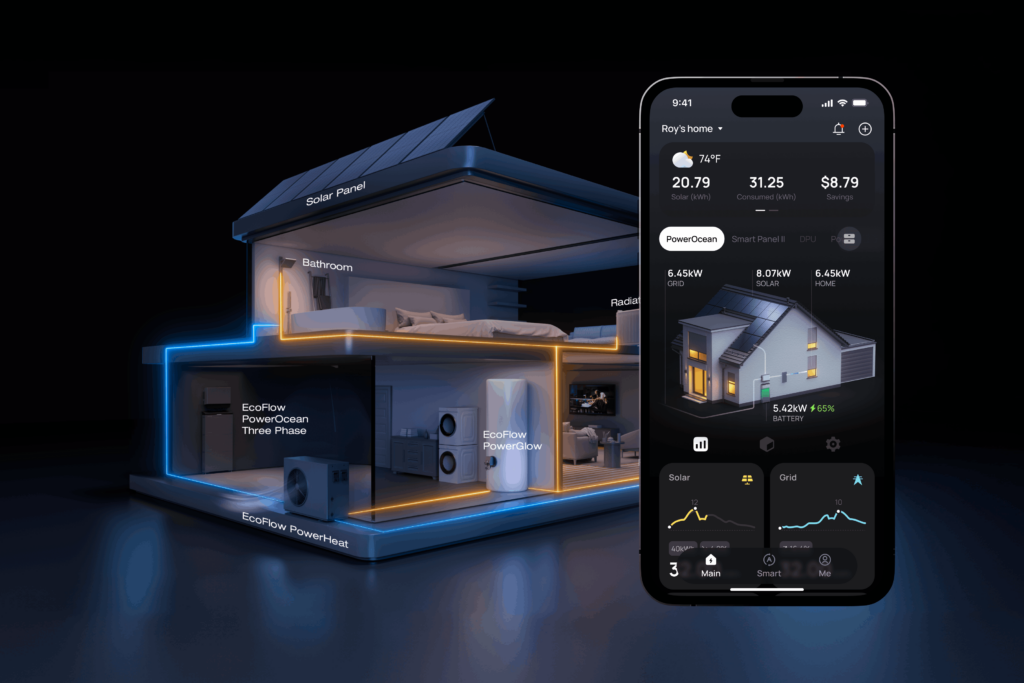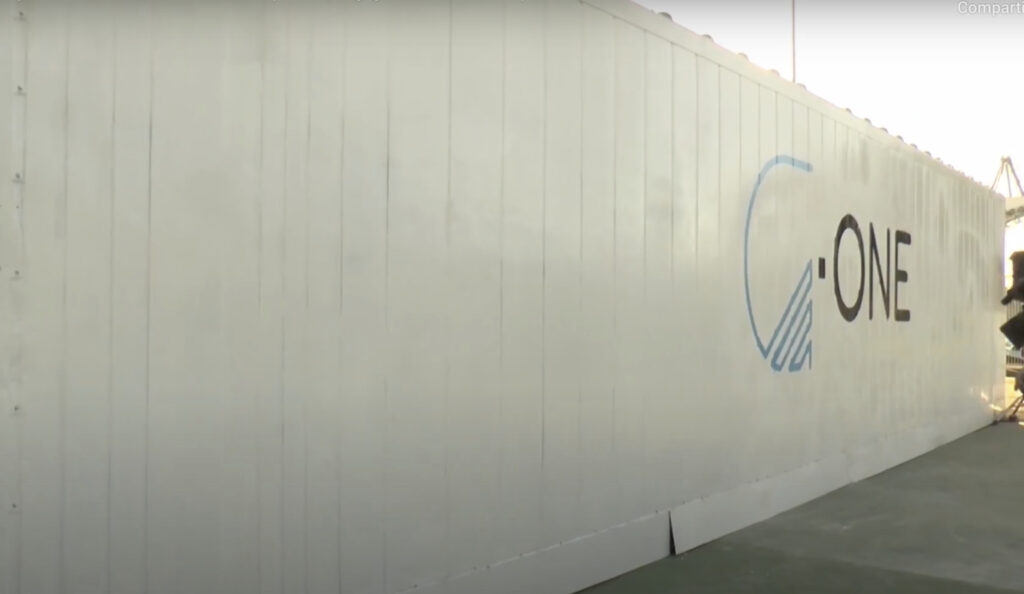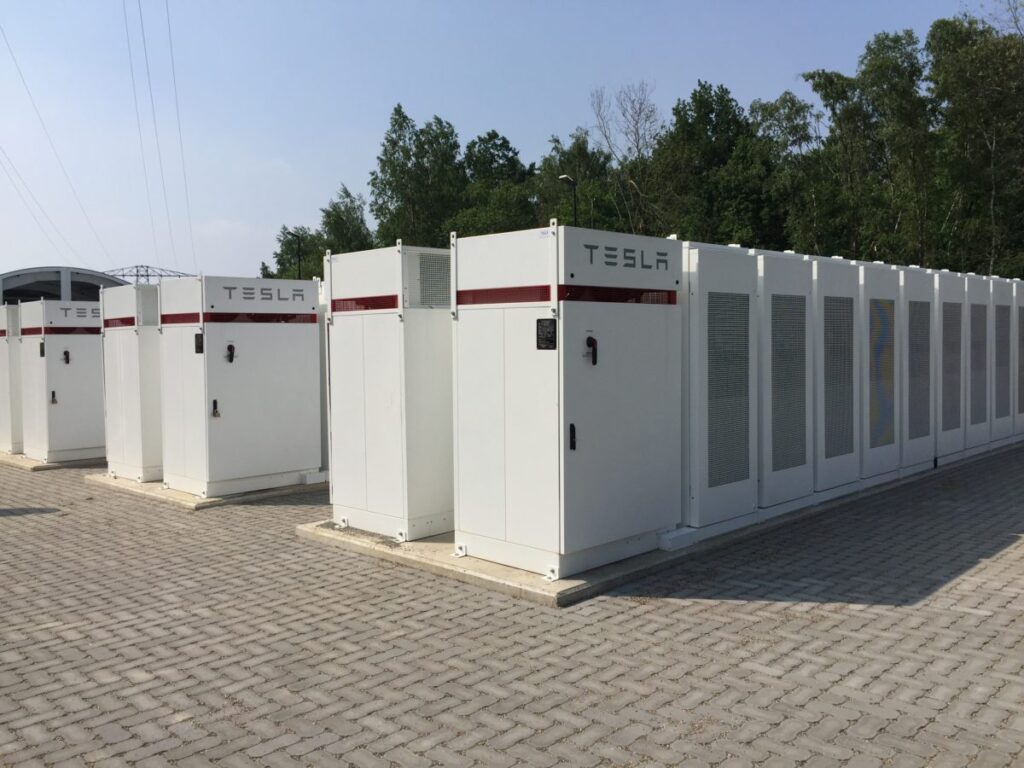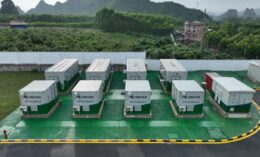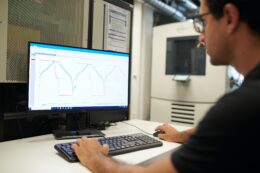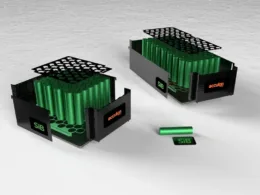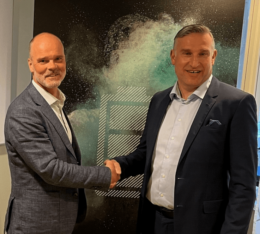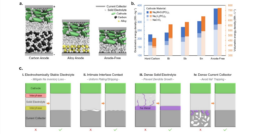Natron Energy to build gigawatt-scale sodium-ion battery plant in North Carolina
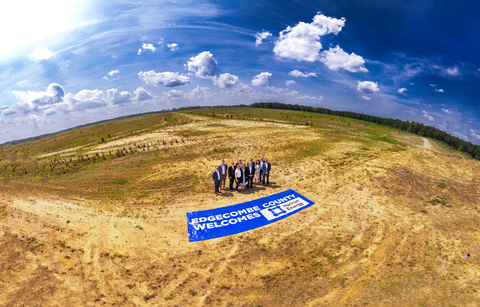
Natron plans to invest nearly $1.4 billion in the facility, which is partly supported by a North Carolina Job Development Investment Grant (JDIG). The new facility in Edgecombe County will make a 40x scale-up of Natron’s current production capacity possible. The company estimates the facility will create 1,000 local clean energy jobs when it reaches full operating capacity.
Natron’s batteries boast a fully localized supply chain. It aims to supply markets in the industrial power space, including data centers, mobility, EV fast charging, microgrids, and telecom.
North Carolina offers an optimal geolocation in the United States with rapidly growing green industries in the mobility and energy storage space. The state boasts broad access to the East Coast with access to international trade through the Port of Wilmington.
“This flagship manufacturing facility will dramatically accelerate our efforts to deliver sodium-ion batteries to customers who are hungry for safe, reliable, and environmentally responsible energy storage solutions,” said Colin Wessells, Founder and co-CEO, of Natron Energy. “After evaluating over 70 sites across 9 states, we found that North Carolina, with its leadership in the clean energy revolution, would make the perfect home for this project. We look forward to joining the Edgecombe County business community.”
Earlier this year, Daimler Truck North America (DTNA) announced that its logistics partner Salem Carriers will use DTNA’s Freightliner eCascadia vehicles for daily inbound logistics routes in North Carolina. Ionna, a new joint venture founded by seven of the world’s largest car manufacturers BMW, General Motors, Honda, Hyundai, Mercedes-Benz, Kia, and Stellantis, is locating its headquarters in Durham, North Carolina. Toyota has also invested $8 billion in its battery facilities in North Carolina. And the list goes on.
Natron has potentially considerable opportunities for stabilizing grids under industrial pressure as the state massively ramps up industrial activity. “North Carolina’s momentum in the clean energy economy reaches epic proportions with today’s news,” acknowledged Governor Cooper.
Natron’s planned facility, located at the 437-acre Kingsboro mega site, should span nearly 1.2 million sq. ft. The plant’s build-up is expected to be facilitated in part by more than $50 million in grants from the state of North Carolina.
The project will be partly facilitated by a Job Development Investment Grant (JDIG) just approved by the state’s Economic Investment Committee. According to Natron, over the 12-year term of this grant, the project is estimated to grow the state’s economy by $3.4 billion. For its part, the JDIG agreement authorizes the potential reimbursement to the company of up to $21,747,000, spread over 12 years.
As for the batteries to come out of the site, Natron says its patented Prussian blue electrodes store and transfer sodium ions faster, and with lower internal resistance than any other commercial battery on the market today. Natron’s battery chemistry boasts zero strain during charging and discharge, with what the company says is 10x faster cycling than traditional lithium-ion batteries, and 50,000+ cycle life. It has made further claims about its sodium-based chemistry being more dense than lithium-based chemistries, which is a-typical in this space.
Other sodium-ion manufacturers, such as CATL, have revealed 160 Wh/kg sodium-ion batteries, with next-generation ambitions for 200 Wh/kg. LFP batteries range from 170 to 220 Wh/kg, and CATL’s NMC-based Qilin battery can reach 255Wh/kg.
Regarding the geopolitical significance in an increasingly fraught and concentrated battery supply chain internationally, Natron’s supply chain requires zero lithium, cobalt, nickel, or other difficult-to-obtain minerals. The sodium batteries are made from commodity materials, including aluminium, iron, manganese, and sodium electrolyte. Natron says its cells, modules, and batteries represent an environmentally and socially responsible alternative to lead-acid and lithium-ion batteries.
Sodium-ion batteries are enjoying increasing attention internationally. Very recently, the world’s largest sodium-ion stationary storage site went online in China. In Germany, Twaice recently launched a Sodium-ion battery analysis tool. And in the USA, Natron Energy is not alone in the sodium-ion space. Earlier in 2024, US-based Acculon Energy announced the series production of its sodium-ion battery modules and packs for mobility and stationary energy storage applications, for which scaled output of 2 GWh is scheduled to start in mid-2024.
Natron has not yet revealed when its 24 gigawatt-scale plant is scheduled to be operational.



